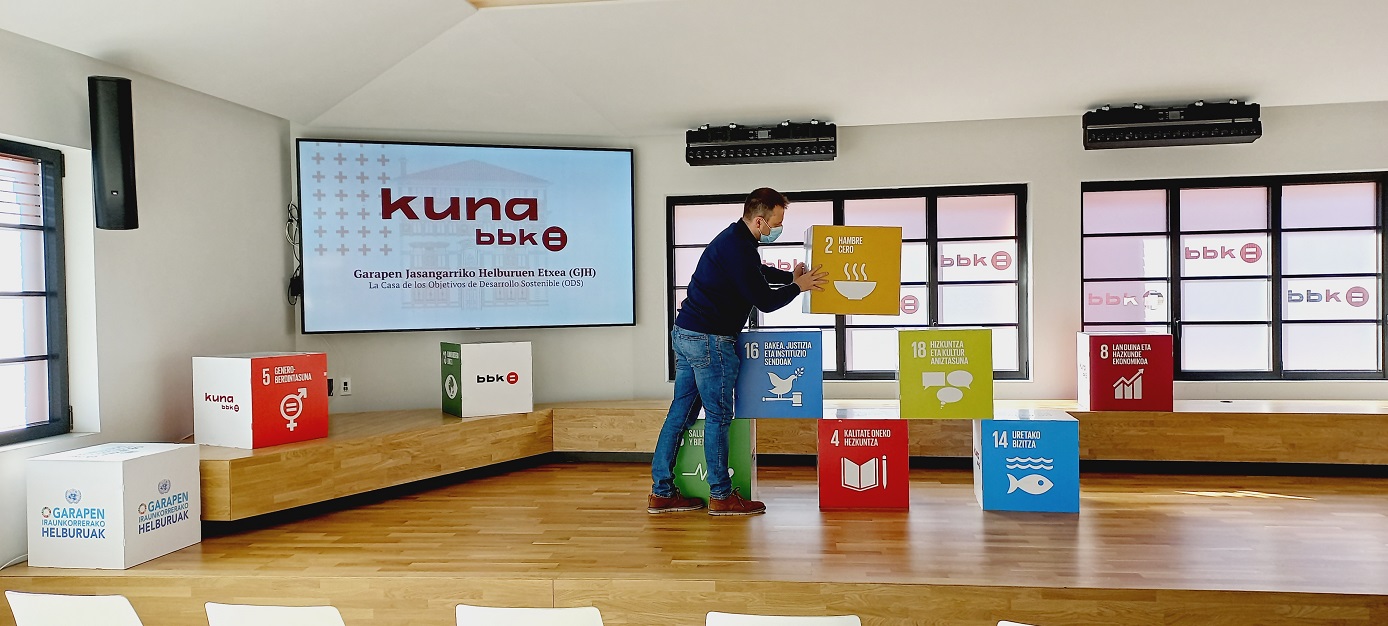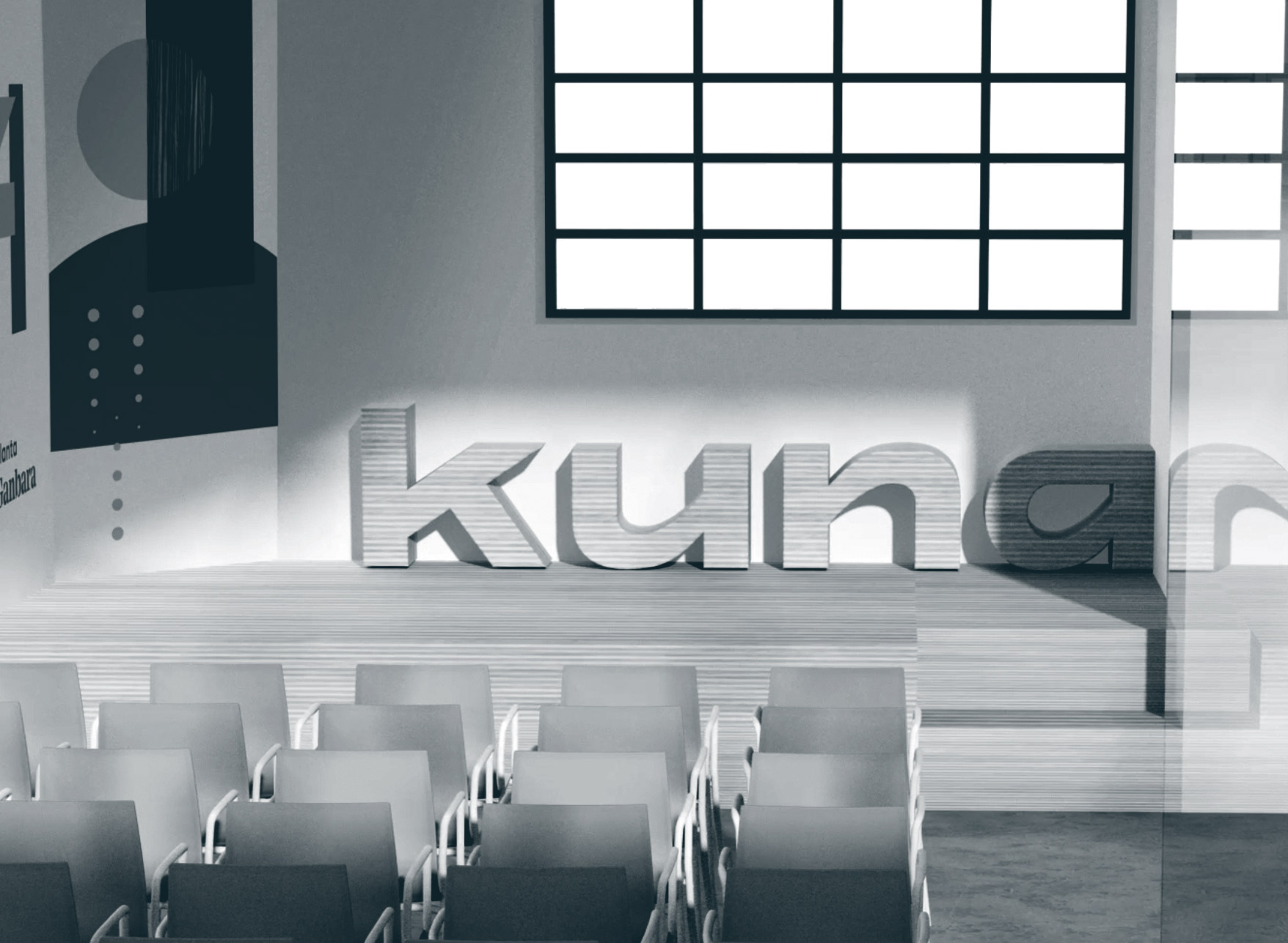
Everyone is talking about SDGs, but what are they?
If we talk to people from one type of institute, of primary education, a company, a group of friends, a family… and ask them this question: What challenges do we face as a society? There would be several answers, varying according to age, gender and the reality of each person who answers. But there would certainly be points in common.
As a society we have obvious, urgent, and more compelling challenges and we are all aware of these to a greater or lesser extent.
The UN has sought to classify, name and organise these challenges under the umbrella of Agenda 2030. And for that purpose, it has established the SDGs, the Sustainable Development Goals within this agenda. The SDGs establish the mechanisms to tackle these goals as a society and ensure a more sustainable world and reduce inequalities by that time.
The SDGs may sound familiar, but do we know what and how important they are? Do we know how they affect us? And… what can we do in order to achieve these goals?
There are 17 SDGs and they are as varied as they are important:
SDG 1. No Poverty. Eradicate extreme poverty for all people everywhere.
SDG 2. Zero Hunger. End hunger, and improve the nutrition in the world by means of sustainable development.
SDG 3. Good Health and Wellbeing. Ensure a healthy life and promote well-being for all at all ages.
SDG 4. Quality Education. Ensure inclusive and equitable education for all.
SDG 5. Gender Equality. Achieve equality among genders.
SDG 6. Clean Water and Sanitation. Ensure access to clean water and sanitation for all.
SDG 7. Affordable and Clean Energy. Ensure access to affordable, reliable and sustainable energy.
SDG 8. Decent Work. Ensure quality and sustainable work for all.
SDG 9. Industry, Innovation and Infrastructure. Promote inclusive and sustainable industrialization and foster innovation in the sector.
SDG 10. Reduce Inequality. Within countries and among people.
SDG 11. Sustainable Cities and Communities. Make cities and human settlements inclusive and sustainable.
SDG 12. Responsible Production and Consumption. Promote and ensure access to sustainable living patterns.
SDG 13. Climate Action. Take urgent action to combat climate change.
SDG 14. Life Underwater. Conserve and take care of the oceans, seas and marine resources and be aware of their importance in the world.
SDG 15. Life on Land. Promote taking care and valuing the terrestrial ecosystems.
SDG 16. Peace, Justice and Strong Institutions. Promote just, peaceful and inclusive societies.
SDG 17. Partnerships for the Goals. Promote partnerships to achieve the Sustainable Development Goals.
BBK Kuna also includes an extra goal in its roadmap, SDG 17+1: Develop Basque, the Basque culture and multilingual training.
This is a genuine statement of intent which speaks to all people. Because if there is something the SDGs do have, is that they affect us all. They connect us all globally as well as locally, because although they are difficult to identify at times, social and gender inequalities, injustices, and unsustainable attitudes have a direct impact on us all and on future generations.
Businesses, universities and learning centres, and, of course, institutions, as well as all people, must play an active part in achieving the SDGs.
We can all do a lot to achieve these goals and in the coming months, through this section, we will share information, launch proposals and recount experiences so that we can all make a better and more sustainable world together.
